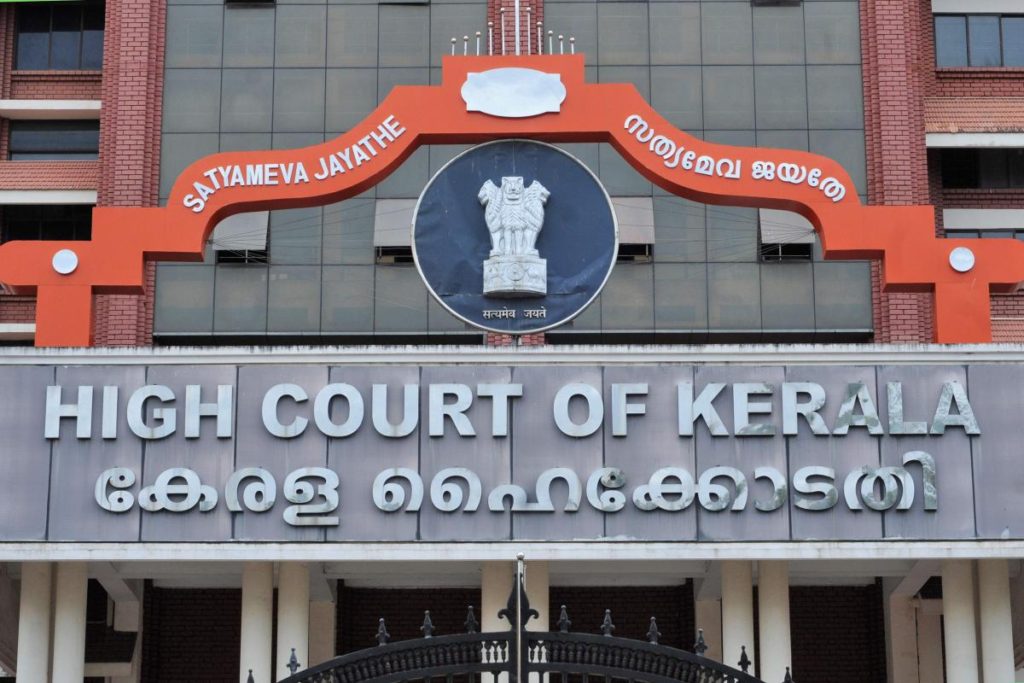Nithyakalyani Narayanan. V
On September 5th, the Kerala High Court held that watching pornography in private without exhibiting it to others is not an offence.
Justice PV Kunhikrishnan held that such an act cannot be declared an offence it is the private choice of a citizen. He further explained that interference with the same would amount to intrusion of the person’s privacy- “The question to be decided in this case is whether a person watching a porn video in his private time without exhibiting it to others amounts to an offence? A court of law cannot declare that the same amounts to an offence for the simple reason that it is his private choice and interference with the same amounts to an intrusion of his privacy,” the Court said in its judgment.
The single-judge bench observed that seeing an obscene photo in private cannot be an offence under Section 292 of the Indian Penal Code which penalises sale, distribution and display of obscene books and objects – “I am of the considered opinion that, watching of an obscene photo by a person in his privacy by itself is not an offence under Section 292 IPC. Similarly, watching of an obscene video by a person from a mobile phone in his privacy is also not an offence under Section 292 IPC. If the accused is trying to circulate or distribute or publicly exhibits any obscene video or photos, then alone the offence under Section 292 IPC is attracted.“
The case dealt with a man who was arrested under IPC Section 292 for watching obscene videos on his mobile phone as he was standing on the side of a road. The prosecution case was that the complainant had seen the accused watching indecent videos on his mobile phone.
The petitioner argued that even if all the allegations against him were accepted to be true, the offence under Section 292 would not be established.
The Bench detailed that to attract an offence under Section 292 IPC, “there must be evidence to show that the accused sells, lets to hire, distributes, publicly exhibits or in any manner puts into circulation, or for purposes of sale, hire, distribution, public exhibition or circulation, makes, produces or has in his possession any obscene book, pamphlet, paper, drawing, painting, representation or figure or any other obscene object whatsoever.“
The court further held that pornography has existed for centuries and it is only that the internet has made it more accessible these days- “Pornography has been in practice for centuries. The new digital age has made it more accessible than ever before and it is available even to children and adults at their fingertips.”
The Bench also said that sex was designed by God to be something to be had between a man and a woman within marriage. It was immediately clarified that consensual sex between a man and a woman is not an offence in India and that courts need not interfere with the same -“But God designed sexuality as something for a man and a woman within marriage. It is not only a lust but also a matter of love and for having children too. But a male and female who have attained majority, doing sex with consent is not an offence. Consensual sex between a man and woman is not an offence in our country, if it is within their privacy. A court of law need not recognise consensual sex or watching of a porn video in privacy because these are within the domain of the will of society and the decision of legislature. The duty of the court is only to find out whether it amounts to an offence the judgment said.
The Court warned parents to be aware of the consequences of children watching porn irrespective of the fact that it is not an offence- “If minor children start to watch porn videos, which are now accessible in all mobile phones, there will be far reaching consequences. The innocent parents will (give) mobile phones to their minor children to make them happy… Let the children watch informative news and videos from the mobile phones of their parents in their presence. Parents should never hand over mobile phones to minor children to make them happy and thereafter complete their daily routine works in their house allowing unsupervised use of mobile phones by children”, the judge said in the judgment.
Justice Kunhikrishnan observed that children need to be nurtured with home food and encouraged to play- “Let the children play cricket or football or other games they like during their leisure time. That is necessary for a healthy young generation who are to become the beacons of hope of our nation in the future….I leave it there to the wisdom of the parents of minor children of this society.”
The High Court proceeded to quash the case.
Name of the case: Aneesh v State of Kerala
Bench: Justice PV Kunhikrishnan
Click here to access the judgment.


